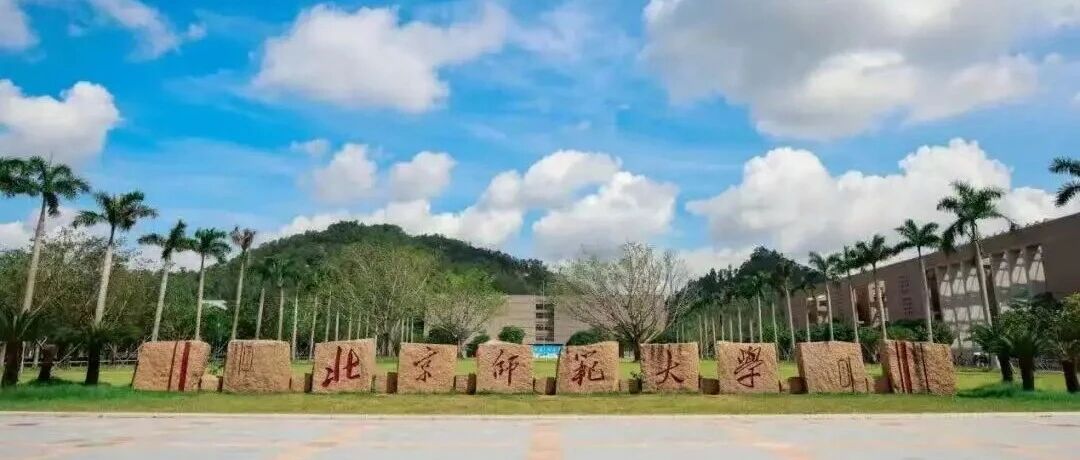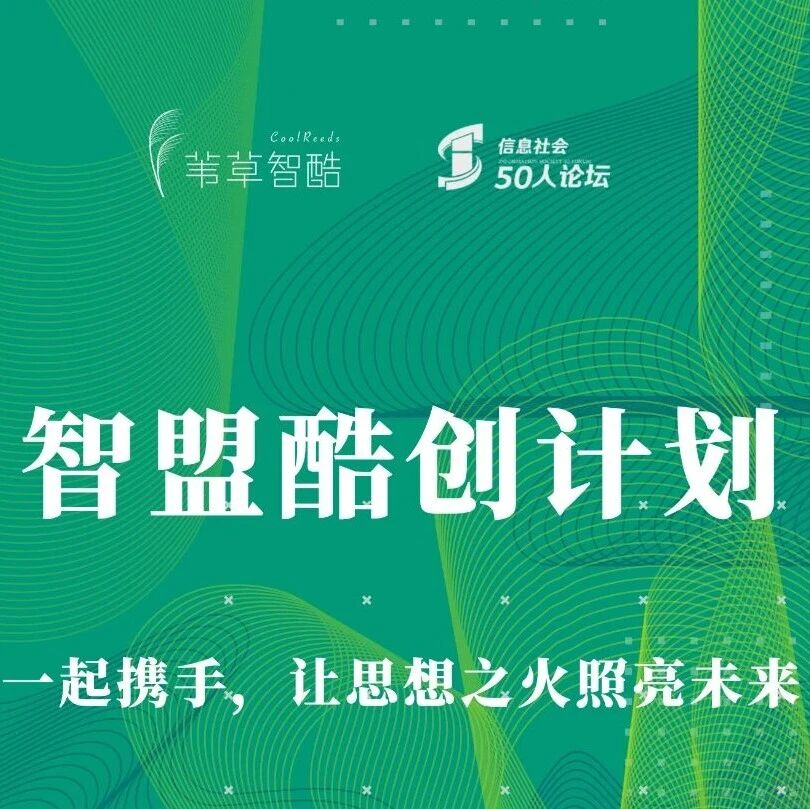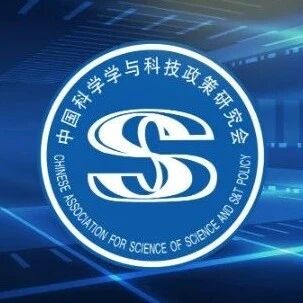2019社会计算国际会议8月26日至8月27日开幕

会议时间表
2019年8月26日(周一)会议时间表



嘉宾名单

会议特邀嘉宾报告
Charles Edward Catlett

Sr Computer Scientist
Charles Catlett is a Senior Computer Scientist at the U.S. Department of Energy’s Argonne National Laboratory and a Senior Fellow at the University of Chicago’s Mansueto Institute for Urban Innovation. His current research focuses on urban data analytics, urban modeling, and the design and use of sensing and “edge” computing technologies embedded in urban infrastructure.
Yang Chen

Associate Professor
School of Computer Science
Fudan University
Yang Chen is an Associate Professor within the School of Computer Science at Fudan University. His research interests include online social networks, Internet architecture and mobile computing.
Yunsong Chen

Professor
Hopkins Nanjing Center
Nanjing University
Chen Yunsong joins the Hopkins-Nanjing Center from the Sociology Department at Nanjing University, where he is a Professor of Sociology. Professor Chen’s research interests are in quantitative sociology and he has broad research interests in the fields of big data, social networks and social governance.
Noshir Contractor

James A. Evans

Ying Fan

Xiaoming Fu

Krishna Gummadi

IrwinKing

Peter Kfafft

Zhiyuan Liu

Jar-Der Luo

Alexander Mehler

ProfessorInstitute of Computer
ScienceUniversity of Frankfurt
TianguangMeng

Associate ProfessorDepartment of
Political ScienceTsinghua University
Xiaofeng Meng

Paolo Parigi

Alex Sandy Pentland

Christian Stegbauer

Yu-Sung Su

Associate ProfessorDepartment of
Political ScienceTsinghua University
Jie Tang

Associate Professor
Department of Computer Science and Technology
Tsinghua University
Jiang Zhang

Ben Y. Zhao

TaoZhou

主办方介绍
清华大学社会科学学院

Since the establishment of the Tsinghua School (Xuetang) in 1911, courses in political science and economics were offered. In 1925, the school launched its four-year undergraduate program. The Departments of sociology, political science, economics and educational psychology were among the seventeen first founded departments in 1926. In 1928, the authorities officially changed the name to National Tsinghua University, and established fifteen departments in the School of Liberal Arts, the School of Science and the School of Law. The Department of Sociology was in the School of Liberal Arts; the Department of Psychology was in the School of Science; and the Departments of Political Science and Economics in the School of Law.
The study of social science at Tsinghua University has a long tradition of promoting interaction between Chinese and Western cultures and encouraging interdisciplinary communications between the Arts and the Sciences. Advocating for the application modern science methodologies in exploring political, economic and social phenomena, we learned from studies in foreign countries and followed international academic standards, with an emphasis on understanding current realistic problems in China. Founded on the ultimate goal to support the independent academic development of the nation and the construction of a new China, the school has made significant achievements in nurturing students and research.
Many world-class scholars and social activists taught or studied in Tsinghua’s social science departments, including Fei Xiaotong(Fei Hsiao-Tung), Chen Daisun, Zhang Xiruo, Pan Guangdan, Qian Duansheng(Ch’ien Tuan-Sheng), Xiao Gongquan, Wang Tieya, Wang Yanan, Chen Da, Zhu Junyi, Wu Qiyuan, Zhao Yuanren(Chao Yuen Ren), Dai Shiguang, Xiao Qu, Wu Jingchao, Li Jinghan, Chen Tiqiang, and Tang Yue. They were pioneers of all Tsinghua faculties and students in social sciences disciplines who contributed to modern political and economical revival and social construction of China.
In 1952, a nationwide restructuring of institutes of higher education began, and Tsinghua University became a multidisciplinary polytechnic university specializing in training engineers. Social science departments in Tsinghua University were shut down and faculties and students in the field left for other universities or institutions. Since 1978, however, Tsinghua University has strengthened its teaching in the sciences, economic management, humanities and law fields. Resuscitating its studies and research in social science disciplines, the Department of Social Science was rebuilt in 1984 and School of Humanities and Social Sciences was rebuilt in 1993, which included the Department of Philosophy and Sociology, Department of Chinese Language and Literature, Department of History, the Institute of Ideology and Culture, the Institute of Science, Technology and Society, the Institute of Economics, the Institute of Education, and the Institute of Art Education. In 1997, the Institute of international studies was set up. In 2000, the Department of Sociology and Department of Political Science were re-established. Finally, in 2008, the Department of Psychology was re-established.
In 2012, the first year after the centenary anniversary of Tsinghua University, the School of Humanities and the School of Social Sciences were founded separately on the basis of the original School of Humanities and Social Sciences. The School of Social Sciences includes the Department of Political Science, Department of International Relations, Department of Sociology, Department of Psychology, Institute of Economics . The School aims to meet the academic frontiers of the world and the strategic demands of our nation, and tries its best to attain new achievements in social sciences at Tsinghua University.
社会网络研究中心

The Tsinghua Center for Social Network Researchwas founded on Jan. 1st 2013. As a Tsinghua University research center, its purpose is to develop a platform for cooperation among physicists, computer scientists, and social, behavioral and epidemiology researchers, so that they can explore a set of interdisciplinary methodological approaches for studying complex social networks in big data.
Big data brings a lot of opportunities and challenges for interdisciplinary research: Various domains of knowledge have developed and accumulated a large body of hypotheses, models and empirical findings on the structure, dynamic processes, and consequences of social networks.
In order to arrive at a consensus we first need to create a methodological framework that takes data mining as its starting point. The object of research is online big data, which has the untapped potential to yield findings about new social phenomena. The next step is interpreting these findings through various qualitative and survey studies, which will further help us reveal grounded truth to verify theoretical hypotheses. The final step is building a model that encompasses the co-evolution of human actions and network structure based on the operative theories. With a model built on this solid foundation, researchers trained with interdisciplinary methods have the required information to predict new facts from their results.
Running in parallel to our research are real-world surveys that often generate new facts that conflict with our interpretation of the results of data mining. In this kind of scenario, we must return to our data and begin an iterative process of data mining, theory development and dynamic model building; until we can reconcile the two sets of results.
The goal of TCSNR is to develop a series of programs for training students with different research backgrounds, and mesh their different areas of expertise into a methodologically and substantively integrated whole. From this interdisciplinary training method we can expect new results and considerable progress in social network research.
清华——数据科学研究院

Tsinghua University Institute for Data Science,based on Tsinghua University, aims to foster discipline integration and innovation, serve national strategies, promote industrial development, cultivate leading talents, lead first-class researches, and finally establish the most powerful team in China Big Data field.
Get more information:
www.ids.tsinghua.edu.cn
清华大学出版社

The International Cooperation Department of Tsinghua University Press(TUP) specializes in the press’ overseas business development and copyright trade.
As one of the first Chinese publishing companies to work with overseas trade partners, TUP started its international cooperation in 1990s. Over the years, we have been actively involved in the international exchange and market competition. With the working philosophy of being “open, innovative, professional and efficient”, the International Cooperation Department works not only as the press’ window to the outside world, but also a bridge connecting to the world.
Thanks to the rich resources of Tsinghua University, TUP has been highly active at the frontiers of Chinese academic and higher education publishing.
By introducing thousands of high quality overseas titles to the Chinese market, TUP has promoted the international exchange in education and culture on one hand, and established strategic partnerships with many famous international publishing companies such as Pearson Education, Elsevier, John Wiley & Sons, Springer, McGraw Hill Education, Taylor Francis, etc. on the other hand.
TUP is now an experienced publisher favored by many outstanding authors and translators whose works appeal to other publishing companies for they represent the most advanced level of academic research in China. Up till now, TUP has licensed hundreds of titles to publishers in the United States of America, Germany, the United Kingdom, France, Japan, Singapore, South Korea, etc.
With the arrival of the digital era, the International Cooperation Department will take a more open and positive attitude towards international publishing. We sincerely hope to develop a closer and more in-depth cooperation with partners around the world in areas like science and technology, medicine, humanities and social sciences, business and management, children’s books, popular books, etc.
腾讯研究院

Set up by Tencent as its research arm for public strategies, Tencent Research Institute utilizes the company’s diverse products, numerous cases and massive data, looks into issues on the development of the Internet, gathers intelligent ideas from different social sectors through an open and collaborative platform; and promotes healthy and orderly development of society and the digital economy.
With an open, inclusive and forward-looking vision for research, the Institute is committed to building itself into a research platform for modern technology, as well as social science and humanities.
会议地点
地址:清华大学学生职业发展指导中心(北京市海淀区清华大学人文社科图书馆正北100米)地下二层新东方报告厅。
Xindongfang Lecture Hall, Career Development Center,
Tsinghua University
Add: 100m north of Humanities and Social Sciences Library,
Tsinghua University, Haidian, Beijing 100872, China

集智俱乐部QQ群|877391004 商务合作及投稿转载|swarma@swarma.org 搜索公众号:集智俱乐部
加入“没有围墙的研究所” 让苹果砸得更猛烈些吧!

◆◆◆

原文始发于微信公众号(集智俱乐部):集智










